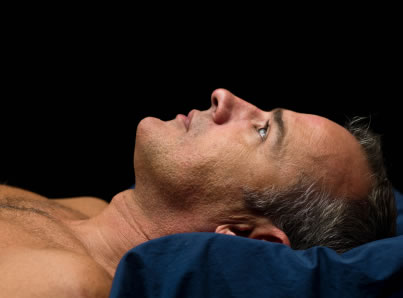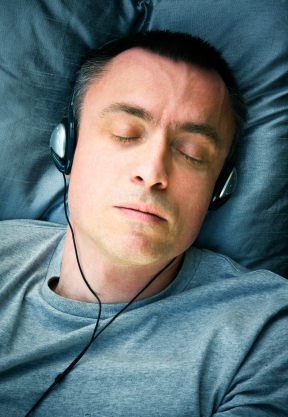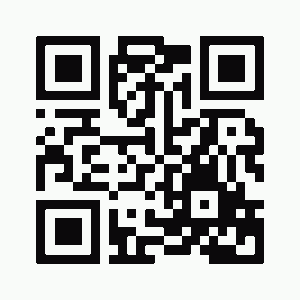
istockphoto
A simple one-hour therapy session has helped to cure 73% of people suffering from acute insomnia, according to a new study from Northumbria University released today.
In the first ever study to attempt to treat insomnia in the acute phase – before it becomes chronic – researchers found that almost three-quarters of participants saw improvements in the quality of their sleep within three months following a 60-minute cognitive behavioural therapy session.
The findings, which have been published today (Monday 1 June) in the international journal SLEEP, are especially important as those transitioning from acute to chronic insomnia are particularly vulnerable to the onset of depression due to the condition.
People with insomnia report consistent issues with the quality, duration or continuity of their sleep patterns. They may find it difficult to fall asleep, struggle to go back to sleep on waking during the night or wake early which can lead to problems with attention, concentration, mood and memory. Approximately one third of the adult population reports symptoms of insomnia, with 10% suffering from an insomnia disorder. [continue reading…]
Published: November 21, 2012

Image: istockphoto
If you are among the 50 percent of Americans who suffer from insomnia, then you have probably tried everything – from warm milk to melatonin pills or prescription medications to induce sleep – with varying degrees of success and side effects. But what if sleep could be achieved not by a substance, but through ‘balancing’ brain activity?
Researchers at Wake Forest Baptist Medical Center have conducted a pilot clinical study to determine whether a non-invasive approach, that uses musical tones to balance brain activity, can ‘reset’ the brain and effectively reduce insomnia.
The study, was published online in October, advance of print, in the journal Brain and Behavior. It was funded by a $26,696 grant from Brain State Technologies, LLC, Scottsdale, Ariz., the company that owns the technology used in the study.
Charles H. Tegeler, M.D., professor of neurology at Wake Forest Baptist and principal investigator of the study explained how the technology works. “The human brain is made up of the left and right hemispheres that work together as parallel processors. When a person undergoes trauma or a major stressor, their autonomic survival responses kick in and the brain can become unbalanced. If those imbalances persist, symptoms such as insomnia can result. Our study looked at a new technology that is intended to facilitate greater balance and harmony in brain frequencies, which may result in improved symptoms.”
The new technology is called HIRREM, high-resolution, relational, resonance-based, electroencephalic mirroring or, as it’s commercially known, Brainwave Optimization™. The non-invasive procedure uses a system that is designed to reflect the brain’s frequencies back to itself using musical tones. Resonance between the musical tones and the electrical energy in a person’s brain can bring balance to the two hemispheres of the brain. [continue reading…]

istockphoto
en who have difficulty falling asleep are at greater risk of depression than those who nod off easily, researchers have found.
A study at the Western Australian Centre for Health and Ageing at The University of Western Australia found that difficulty falling asleep doubles the risk of depression in older men.
Sleep complaints are common in later life with nearly 50 per cent of people older than 65 years reporting trouble falling or remaining asleep.
“We found a strong link between difficulty falling asleep and depression which cannot be explained adequately by reverse causality that is, that depression causes insomnia. We didn’t expect to find this result, so it took us by surprise,” said UWA Chair of Geriatric Psychiatry and Director of Research at the Western Australian Centre for Health and Ageing, Winthrop Professor Osvaldo Almeida.
“Excuse the pun, but our results are a wakeup call. I believe that clarifying what drives the association between sleep problems and depression should become an international research priority. Worryingly, our results are consistent with the possibility that the use of sleeping tablets is actually driving this increase in the risk of depression. Addressing this issue may guide the development of prevention strategies to decrease the burden of depression in our society. [continue reading…]
 Ah technology, don’t you just love it, the question is can you keep up with all the new trends? So here is a bit of an experiment. Have you heard about QR codes? What the beep is a QR code ( well you may be saying that). A QR Code is a barcode that can contain text, a URL or other data.These images are becoming popular for sharing data with mobile users.
Ah technology, don’t you just love it, the question is can you keep up with all the new trends? So here is a bit of an experiment. Have you heard about QR codes? What the beep is a QR code ( well you may be saying that). A QR Code is a barcode that can contain text, a URL or other data.These images are becoming popular for sharing data with mobile users.
Yesterday I posted the latest Psychobabble newsletter to the email list. ( you can subscibe here). Or for all you tech savvy ShrinkRap readers 123 phones ready ‘cos here is the QR code to Counting Sheep…. Losing Sleep



